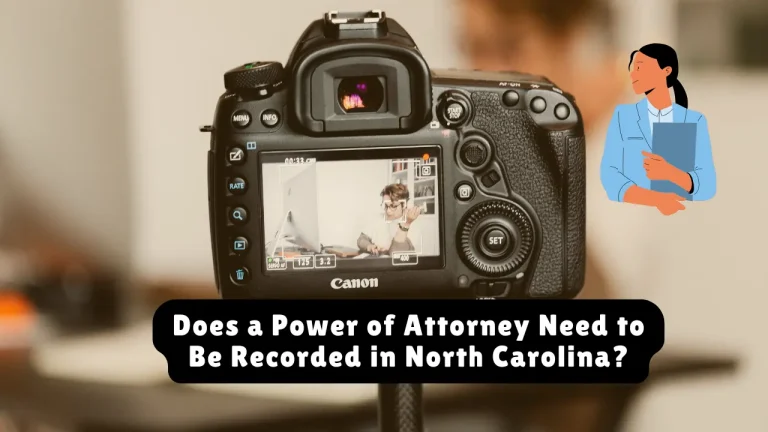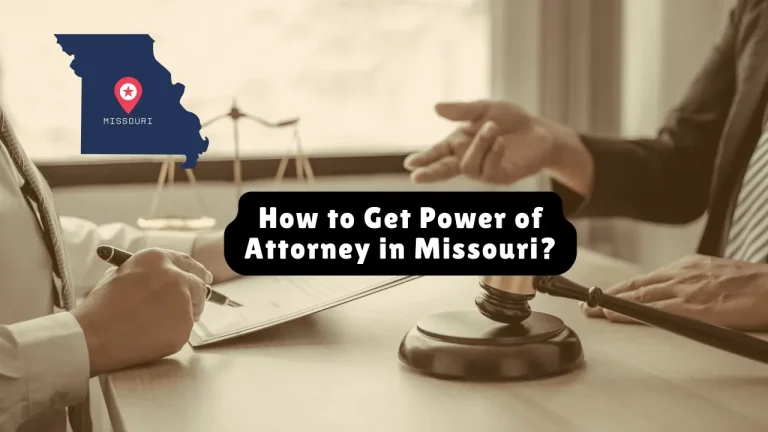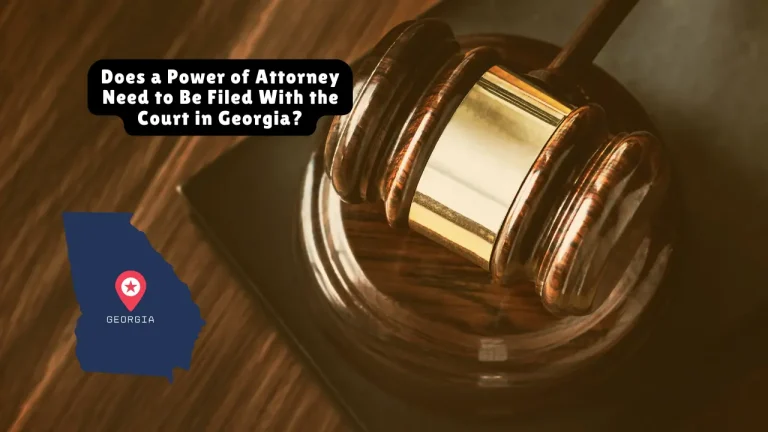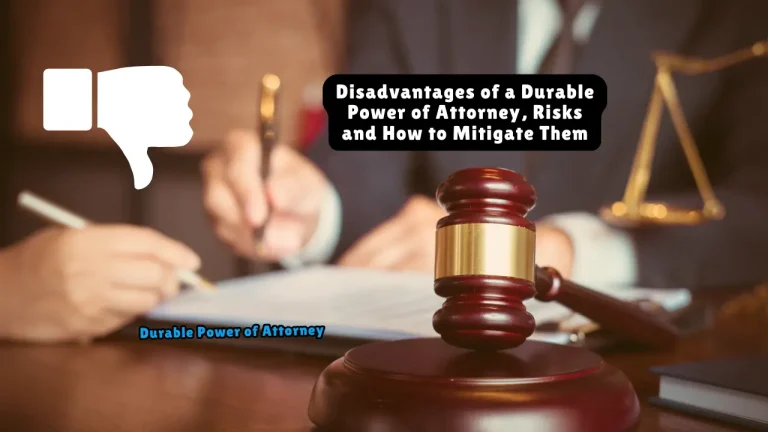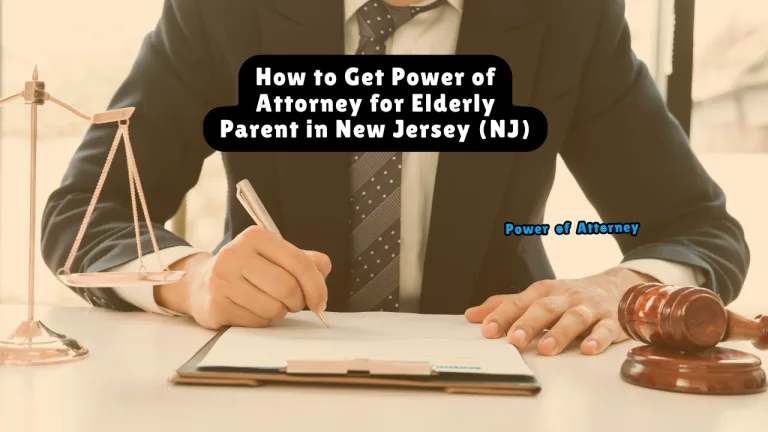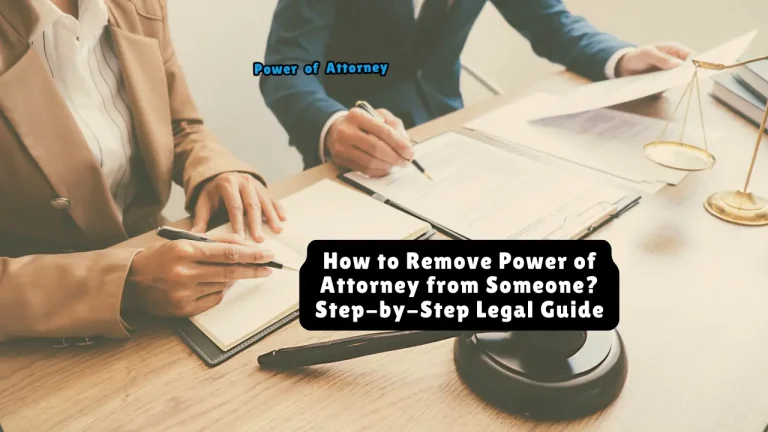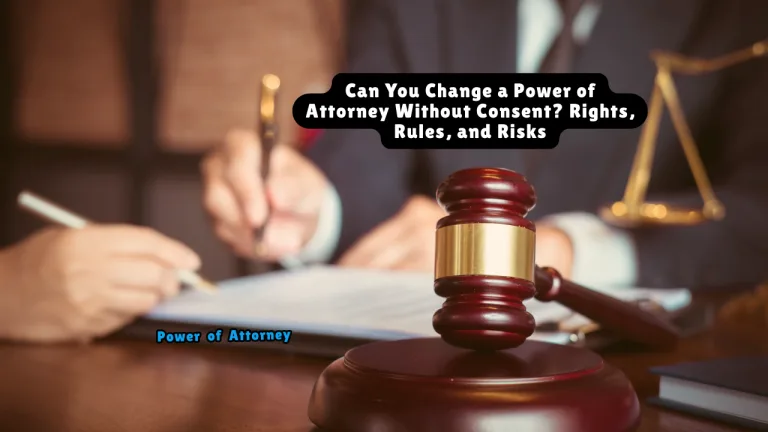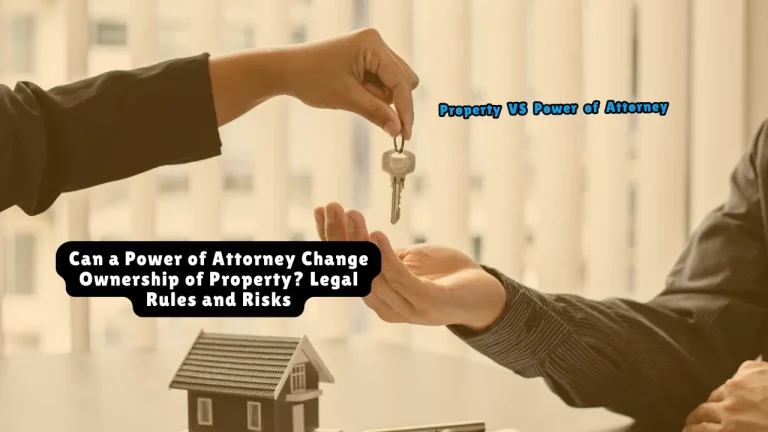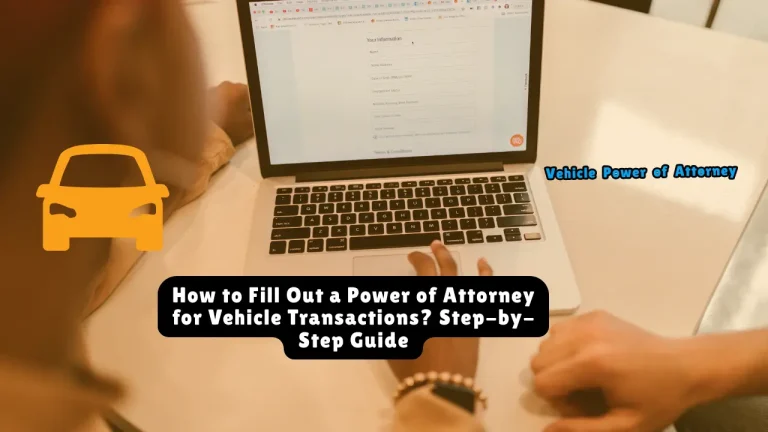Does a Power of Attorney Need to Be Recorded in North Carolina?
In North Carolina, a power of attorney (POA) is generally effective without being recorded. A properly drafted and notarized POA is typically sufficient for most purposes. However, a key exception applies to real estate matters—under N.C. General Statutes §47‑28, any POA authorizing the sale or transfer of real property must be recorded with the local…

